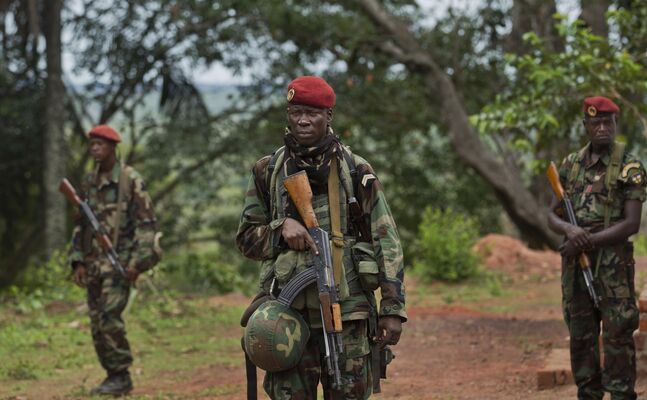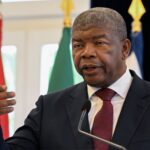The Democratic Republic of the Congo (DRC) and the Central African Republic (CAR) have entered into a defense cooperation agreement. The pact aims to support the CAR in rebuilding its national army and to address the complex security challenges that both nations face in Central Africa. The agreement, announced in Kinshasa this week and reported by South African media outlet SABC, highlights a shared commitment to strengthening regional collaboration, particularly in areas afflicted by militancy, organized crime, and cross-border insurgencies.
Rebuilding CAR’s Armed Forces
A significant focus of the agreement is on the DRC’s role in assisting the CAR to professionalize and modernize its military. With this partnership, the CAR’s defense forces are expected to gain critical training and support to strengthen their capabilities and become a stabilizing force within the country. The CAR Minister of National Defense and Army Reconstruction, Claude Rameaux Bireau, underscored that this initiative is integral to achieving a well-equipped and disciplined military dedicated to safeguarding national sovereignty. Bireau reiterated the CAR’s stance against hosting forces that may seek to destabilize the DRC, emphasizing his government’s commitment to protecting regional peace and mutual sovereignty.
For the CAR, which has experienced years of instability due to internal conflict and sporadic insurgencies, the initiative is part of a broader vision to rebuild its institutions and reinforce the authority of the central government. Since gaining independence in 1960, the CAR has grappled with political unrest and violence, a situation exacerbated by armed groups operating from remote regions and occasional spillovers from neighboring conflict zones. The modernization of its military is intended not only to counter these threats but to foster a sense of security and trust among its citizens.
Addressing Shared Security Threats
The DRC and CAR share expansive and porous borders that pose security challenges, as they are often exploited by militias, traffickers, and foreign mercenaries. Armed groups such as the Lord’s Resistance Army (LRA), remnants of various rebel factions, and transnational criminal networks have used these borders to evade authorities and continue operations. The defense agreement acknowledges these shared security risks and includes provisions for both countries to coordinate their efforts to secure border regions and combat cross-border threats effectively.
In addition to counter-insurgency operations, both countries will focus on exchanging intelligence and conducting joint training exercises. Enhanced information-sharing between the DRC and CAR’s defense agencies is expected to improve the effectiveness of their respective military responses and to prevent the movements of armed groups across their borders. This is crucial, as cooperation between neighboring states has been shown to be an effective means of limiting the reach of destabilizing forces that operate within the region.
CAR’s Military Modernization: A Vision for Peace and Sovereignty
In his statement, Bireau expressed optimism about the CAR’s ongoing efforts to transform its military into a professional force that could become a reliable guarantor of national security. He acknowledged that this transformation is not solely focused on militarization but rather on the establishment of a disciplined institution that aligns with the CAR’s democratic aspirations. As part of its modernization agenda, the CAR aims to strengthen its recruitment and training processes, implement ethical codes of conduct, and secure adequate resources to ensure that soldiers are well-prepared and committed to their roles.
Bireau’s declaration that the CAR will not become a base for destabilizing forces is particularly significant in light of ongoing concerns that certain regions could be used as havens for militias or insurgents. By emphasizing this stance, the CAR seeks to reassure both its citizens and its neighbors that it is dedicated to regional peace and stability.














Leave a comment